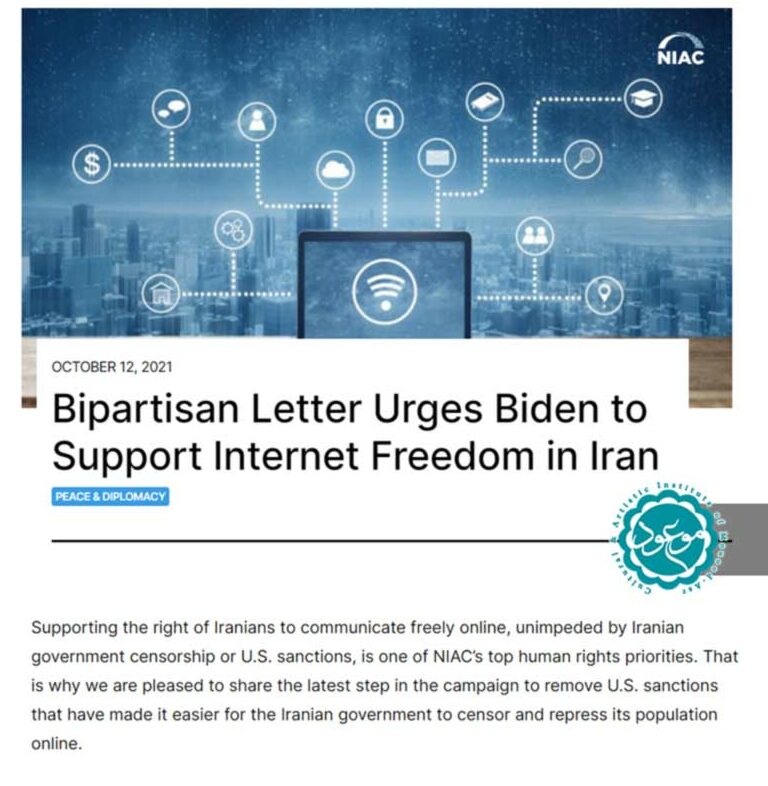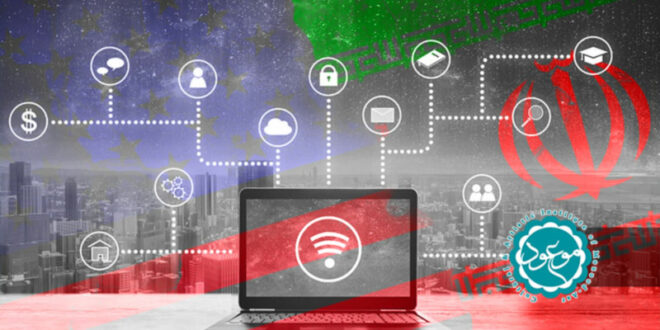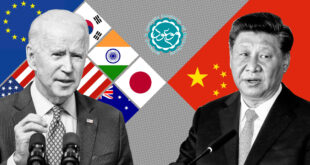NIAC reports: Bipartisan Congressional Group Urges Biden to Support Internet Freedom in Iran
Mouood Note: Read below about the bipartisan letter from the US Congress to the Secretary of State (Anthony Blinken) and the Treasury Department (Janet Yellen) of the US Government to emphasize the serious opposition to the Virtual Protection Plan in Iran.
PN: It seems that the source and origin of the money laundering and systematic actions against the “Iran Internet Protection Plan” have been determined!!
Bipartisan Congressional Group Urges Biden to Support Internet Freedom in Iran
Dear readers, what you study below is merely a selection of the reports and articles. The content and claims made in this report are published solely to analyze the approaches and views of Westerners, and any possible claims and inductions in the text are never approved by us.

Oct. 11, 2021 – A bipartisan congressional group today urged U.S. President Joe Biden to support the free flow of information and internet freedom for civil society in Iran by clarifying and updating allowable activities under the U.S. Treasury’s General License D-1 (GL D-1), which exempts the sale of personal communications tools from sanctions on Iran.
The bipartisan initiative follows a campaign by the Center for Human Rights in Iran (CHRI) and Public Affairs Alliance of Iranian Americans (PAAIA) aimed at enabling people in Iran to access the internet and internet services, so that civil society can communicate and share information with the outside world freely and safely.
“We believe it is in the interest of the United States to encourage the free flow of information in Iran to enable the Iranian people to communicate with each other and the outside world,” said a “Dear Colleague” letter spearheaded by Reps. Gerald E. Connolly (D-VA) and Brian K. Fitzpatrick (R-PA).
“To facilitate this, the Department of Treasury should update its existing licenses to ensure that certain information and communication technologies and Internet connectivity services are available to the Iranian people,” added the letter signed by 21 members of Congress including Chairman of the House Foreign Affairs Committee Rep. Gergory Meeks (D-NY) as well as Representatives Stephanie Bice (R-OK), Dan Crenshaw (R-TX), Ted Deutch (D-FL), C. Scott Franklin (R-FL), James Himes (D-CT), Young Kim (R-CA ), Ro Khanna (D-CA), Ted Lieu (D-CA), Betty McCollum (D-MN), Maria Salazar (R-FL), Adam Schiff (D-CA), and Robert Wittman (R-VA).
“We are grateful to Representatives Connolly and Fitzpatrick for leading this important congressional effort to encourage the Biden Administration to update and expand General License D-1. This is an important step in supporting civil society in Iran and ensuring that the Iranian people have access to critical telecommunications tools,” said Leila Austin, Executive Director of PAAIA.
“Updating GL-D1 is a key step in the right direction for the Biden administration to show its support for internet freedom and the basic rights of the Iranian people,” said Hadi Ghaemi, executive director of CHRI.
Supporting Internet Freedom in Iran
While the General Licenses were intended to help the Iranian people maintain access to the personal communications tools they need to evade state censorship and surveillance, companies, technology groups, and human rights organizations continue to report that the Iranian people remain unable to access many of the needed international tools and services.
Companies by and large continue to deny Iranians access to their products, or even make their free services available, because GL-D1 lacks specificity regarding which products are exempt from sanctions, and does not include more current technologies that have become central to online communication. As a result, companies fear violating sanctions and overcomply.
The Iranian American non-profit organizations are calling on the Treasury Department and the Department of State to review the regulations in a timely manner and make appropriate clarifications and updates to enhance the flow of information in Iran based on feedback from tech companies and civil society, including:
Providing more specific guidance regarding exactly what products are permissible to sell to Iranians under GL-D1, so that uncertainty does not result in overcompliance;
Update GL-D1 to explicitly include newer technologies such as cloud and hosting services, web developer tools, and set-top boxes (STB) that have become essential to online communications;
Encourage technology companies, through comfort letters and public assurances, to utilize the GL-D1 exemptions and provide their products to Iranians;
Regularly review GL D-1 provisions and exemptions in consultation with technology companies and civil society, so that exemptions keep pace with evolving technologies;
Streamline the lengthy OFAC license application process, which is used to allow the sale of communication products not explicitly covered under D1.
Press Info
The Public Affairs Alliance of Iranian Americans (PAAIA) is a nonprofit, nonpartisan, nonreligious organization that serves the interests of Iranian Americans and represents the community before U.S. policymakers and the American public at large.
The Center for Human Rights in Iran (CHRI), based in New York and Washington, DC, is an independent, nonpartisan, nonprofit organization dedicated to the protection and promotion of human rights in Iran.
 Mouood Mouood English Edition
Mouood Mouood English Edition




